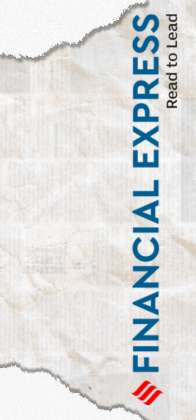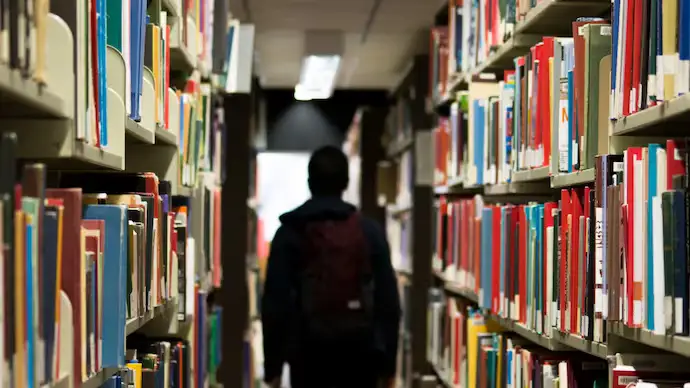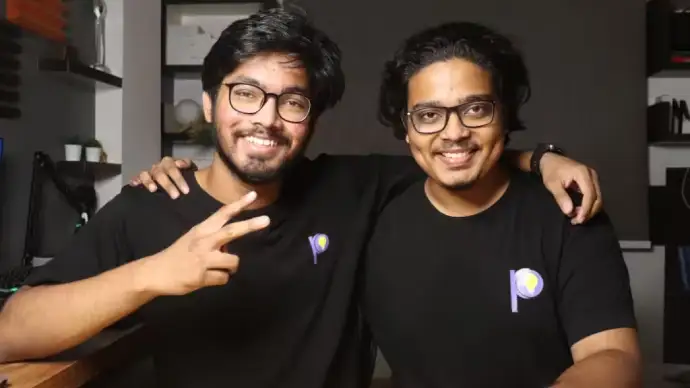MCQs for Class 10 Social Science Political Parties Chapter 6 Political Parties
MCQs for Class 10 Social Science Political Parties Chapter 6 Political Parties: In this article, we have covered all the important MCQs for Free for Class 10 Term 1 2021-22 Board Exams. In accordance with the latest pattern, Padhle is here with MCQ Questions for Class 10.
- Get MCQs for other Class 10 Chapters
- Get NCERT Solutions Class 10 Chapters
- Get Notes, PYQs, Free E-Books, and other material for Class 9
- Get Notes, PYQs, Free E-Books, and other material for Class 10
- Join our Telegram Channel for Latest Updates here
[adinserter block=”3″]
[twy_show_add_bookmark]
Class 10 Social Science Political Parties Chapter 6 Political Parties MCQ
1. Which one of the following facilities is offered by the Election Commission to a recognised political party?
(a) Party name
(b) Election funds
(c) Election symbol
(d) Manifesto
Answer: (c) Election symbol
2. Which of these parties has national level political organisations?
(a) Samajwadi Party
(b) Telugu Desam Party
(c) Rashtriya Janta Dal
(d) None of the above
Answer: (d) None of the above
3.Which one of the following is a ‘National Political Party’?
(a) Samajwadi Party
(b) Rashtriya Janata Dal
(c) Rashtriya Lok Dal
(d) Bahujan Samaj Party
Answer: (d) Bahujan Samaj Party
4. When and under whose leadership was Bahujan Samaj Party (BSP) formed?
(a) 1982, Mayawati
(b) 1984, Kanshi Ram
(c) 1985, Mulayam Singh Yadav
(d) 1986, Bhajanlal
Answer: (b) 1984, Kanshi Ram
[adinserter block=”3″]
5. Give the meaning of ‘Alliance’.
(a) Two parties together form the government.
(b) Leftist and Rightist together form the government.
(c) When state and national parties together form the government.
(d) When several parties in a multiparty system join for the purpose of contesting elections and winning power.
Answer: (d) When several parties in a multiparty system join for the purpose of contesting elections and winning power.
6. Who among the following recognises political parties in India?
(a) Election Commission
(b) President of India
(c) Speaker of Lok Sabha
(d) Supreme Court
Answer: (a) Election Commission
7. Which one of the following is a better way of carrying out political reforms in a democratic country?
(a) The legal changes
(b) The constitutional changes
(c) The empowerment of people
(d) The legislation for reforms
Answer: (c) The empowerment of people
8. The political party which believes in Marxism-Leninism is
(a) Nationalist Congress Party.
(b) Communist Party of India.
(c) Dravida Munnetra Kazhagam (DMK)
(d) Bahujan Samaj Party
Answer: (b) Communist Party of India.
9. Which one of the following countries has one party system?
(a) China
(b) Indo-China
(c) Japan
(d) Germany
Answer: (a) China
[adinserter block=”3″]
10. From the ideas and teaching of which of these leaders does BSP drawinspiration?
(a) Sahu Maharaj
(b) Mahatma Phule and Ramaswami Naicker
(c) Babasaheb Ambedkar
(d) All the above
Answer: (d) All the above
11.Which one of the following is considered the best form of government? [Delhi 2012]
(a) Democracy
(b) Dictatorship
(c) Monarchy
(d) Military Rule
Answer: (a) Democracy
12. In which of the following states does Shiv Sena exist as a regional political party?
(a) Gujarat
(b) Karnataka
(c) Maharashtra
(d) Madhya Pradesh
Answer: (c) Maharashtra
13. Which one of the following is true regarding a coalition government?
(a) Only two parties form an alliance and contest elections.
(b) Several parties compete for power.
(c) The government is formed by two or more parties coming together.
(d) Several parties form an alliance and compete for power.
Answer: (c) The government is formed by two or more parties coming together.
14. Select the statement related to the advantages
of multiparty system
(a) Multi-party system provides limited choice to voters.
(b) There is a chance of conflict.
(c) Provides choice to the voters.
(d) In Multi-party system regional parties get the representation.
Answer: (c) Provides choice to the voters.
[adinserter block=”3″]
15. Name the political party that emerged out of mass movement?
(a) DMK
(b) Janata Dal
(c) Forward Bloc
(d) Bahujan Sam
Answer: (b) Janata Dal
16. A recognised political party is one that
(a) is registered with the Election Commission of India.
(b) is given a unique Election symbol
(c) gets some other facilities recognised by the Election Commission
(d) All of these
Answer: (d) All of these
17. A recognised political party is
(a) a party that is present in only one of the federal units.
(b) a party that is present in several and all units of the federation.
(c) a party that is based on regional and communal diversities.
(d) a party recognised by the ‘Election Commission’ with all the privileges and facilities.
Answer: (d) a party recognised by the ‘Election Commission’ with all the privileges and facilities.
18. Which one of the following is not a component of a political party?
(a) The leaders
(b) The followers
(c) The active members
(d) Women
Answer: (d) Women
19. An example of a country having the multi party system is
(a) China
(b) USA
(c) India
(d) United Kingdom
Answer: (c) India
20. The condition for a political party to be recognized as a national party is:
(a) It must secure at least 6 percent of total votes in Lok Sabha elections or Assembly elections in four states.
(b) It must win at least 4 seats in the Lok Sabha
(c) Both of these
(d) None of these
Answer: (c) Both of these
[adinserter block=”3″]
21. How many parties are needed in any democratic system to compete in elections and provide a fair chance for the competing parties ; to come to power?
(a) Less than two
(b) At least two parties
(c) More than two parties
(d) At least three parties
Answer: (b) At least two parties
22. An Affidavit signifies (Legal);
(a) Signed document where a person makes a sworn statement regarding his or her antecedents.
(b) A law to check the menace.
(c) Legal document to declare the academic qualification.
(d) All of the above
Answer: (a) Signed document where a person makes a sworn statement regarding his or her antecedents.
23. An alliance is formed when :
(a) two parties together form the government
(b) the state parties and national parties together form the government
(c) some parties join for the purpose of contesting elections and winning power in hands
(d) left and right parties join hands to form the government.
Answer: (c) some parties join for the purpose of contesting elections and winning power in hands
24. The number of political parties registered with the Election Commission of India is
(a) 750 parties
(b) more than 750 parties
(c) Less than 750 parties
(d) 705 parties
Answer: (b) more than 750 parties
[adinserter block=”3″]
25.Which one of the following is the guiding philosophy of the Bharatiya Janata Party?
(a) Bahujan Samaj
(b) Revolutionary democracy
(c) Cultural nationalism
(d) Modernity
Answer: (c) Cultural nationalism
26. Name the oldest political party of India.
(a) Bahujan Samaj Party
(b) Indian National Congress (Congress Party)
(c) The Communist Party
(d) Bharatiya Janata Party
Answer: (b) Indian National Congress (Congress Party)
27. Which one of the following is not a national political party?
(a) Bharatiya Janata Party (BJP).
(b) Communist Party of India (CPI).
(c) Bahujan Samaj Party (BSP).
(d) Samajwadi Party (SP).
Answer: (d) Samajwadi Party (SP).
28. What is a signed document submitted to an officer regarding her personal information?
(a) Affidavit
(b) Declaration
(c) Agreement
(d) Appeal
Answer: (a) Affidavit
29. Who is the founder of the Bahujan Samaj Party?
(a) Kansi Ram
(b) Mayawati
(c) Bal Thakeray
(d) Jayalalita
Answer: (a) Kansi Ram
30. What is the guiding philosophy of the Bharatiya Janata Party?
(a) Wants to build a strong and modern India
(b) Uniform Civil Code
(c) Cultural nationalism
(d) All the above
Answer: (d) All the above
[twy_show_add_bookmark]
[adinserter block=”3″]
For More Content related to Class 10 –
- Get MCQs for other Class 10 Chapters
- Get NCERT Solutions Class 10 Chapters
- Get Notes, PYQs, Free E-Books, and other material for Class 9
- Get Notes, PYQs, Free E-Books, and other material for Class 10
- Join our Telegram Channel for Latest Updates here
[adinserter block=”3″]










